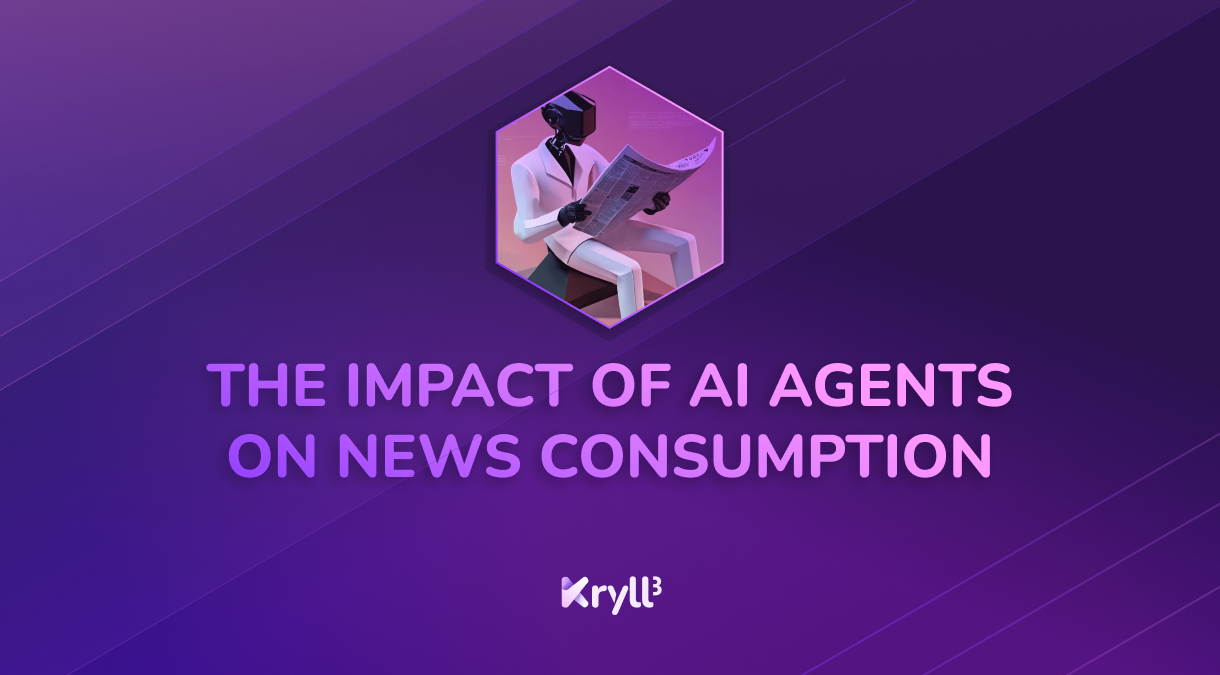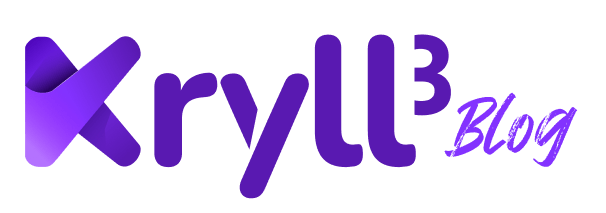
Introduction
Artificial Intelligence (AI) agents are increasingly becoming an integral part of the digital news landscape. By transforming how readers consume and interact with information, these intelligent systems streamline news delivery, personalize content, and enhance user engagement. This article explores the various ways AI agents are revolutionizing news consumption.
Transforming News Aggregation and Interaction
AI agents are not just improving the efficiency of news aggregation but also enhancing how users interact with news content. By employing advanced algorithms, these agents make it easier for users to stay informed and engaged.
Efficient News Aggregation and Summarization
One of the significant advantages of AI agents is their ability to aggregate news from a wide range of sources and summarize it effectively. Using advanced natural language processing (NLP) algorithms, they can scan numerous articles, extract key information, and present concise summaries. This feature allows users to quickly grasp essential points without having to sift through multiple sources. By prioritizing relevance and context, AI agents ensure that users receive the most pertinent news tailored to their interests.
Enhancing User Interaction
Another notable feature of AI agents is their ability to interact with users in a conversational manner. These agents can break down complex news articles, answer questions, and provide additional context, making it easier for readers to understand and engage with the content. This interactive capability not only improves user comprehension but also fosters a more engaging reading experience.
Personalization and Operational Efficiency
AI agents are also making significant strides in personalizing news content and streamlining operations for news outlets. By analyzing user behavior and preferences, they ensure that readers get the most relevant news while helping publishers improve their operational efficiency.
Personalization of News Content
AI agents excel in tailoring news content based on individual user preferences and behavior. By analyzing past interactions, search history, and reading patterns, these agents can recommend articles that align with the user's interests. This level of personalization ensures that readers receive the most relevant content, enhancing their overall news consumption experience.
Streamlining Operations for News Outlets
For news organizations, AI agents offer substantial operational efficiencies. These agents can automate routine tasks such as tagging articles, generating headlines, and performing initial fact-checking. This automation frees journalists and editors to focus on more creative and analytical aspects of their work, thereby improving the quality of news production. Additionally, AI agents assist in content distribution by identifying the best platforms and times to publish articles, maximizing reach and engagement.
Benefits for Readers and Publishers
The integration of AI agents in news consumption benefits both readers and publishers. For readers, these agents provide a more streamlined and personalized way to access news, ensuring they stay informed without feeling overwhelmed by information overload. For publishers, AI agents offer tools to optimize content creation and distribution processes, improving efficiency and audience engagement.
Future Prospects and Case Studies
As AI technology continues to evolve, its potential applications in the news sector are expanding. Future developments promise even greater enhancements in how news is consumed and produced.
Future Prospects and Developments
Looking ahead, the capabilities of AI agents in the news sector are expected to grow significantly. Future developments may include more advanced sentiment analysis, which can gauge public opinion on various topics, and real-time translation services, making news accessible to a global audience. Enhanced multimedia integration, such as video summaries and interactive infographics, could also become standard features, providing a richer and more immersive news experience.
AI Agents in Action: Case Study
A prime example of AI agents in action is Kryll's Agent K. Designed for seamless integration into news websites, Agent K offers interactive news breakdowns and personalized content recommendations. This AI-powered agent enhances user engagement by providing detailed explanations and context for news articles, making it an invaluable tool for both readers and publishers.
Conclusion
AI agents are reshaping news consumption by making it more efficient, interactive, and personalized. As these technologies continue to evolve, their role in the news industry will become even more critical, offering new ways to enhance user experience and streamline operations for news outlets. By adopting AI agents like Kryll's K-Agent, news organizations can stay ahead of the curve, providing their audiences with the best possible news consumption experience.
Frequently Asked Questions
How do AI agents aggregate and summarize news?
AI agents use natural language processing (NLP) algorithms to scan multiple sources, extract key information, and present concise summaries tailored to user interests.
Can AI agents personalize news content?
Yes, AI agents analyze user preferences, behavior, and reading patterns to recommend articles that align with the user's interests.
What operational efficiencies do AI agents offer news outlets?
AI agents can automate tasks such as tagging articles, generating headlines, and performing initial fact-checking, allowing journalists to focus on creative and analytical work.
What future developments can we expect from AI agents in the news sector?
Future developments may include advanced sentiment analysis, real-time translation services, and enhanced multimedia integration like video summaries and interactive infographics.
How do AI agents enhance user interaction with news content?
AI agents interact conversationally with users, breaking down complex articles, answering questions, and providing additional context, improving comprehension and engagement.
How do AI agents benefit both readers and publishers?
For readers, AI agents offer a personalized, streamlined news consumption experience. For publishers, they optimize content creation and distribution, improving efficiency and audience engagement.



